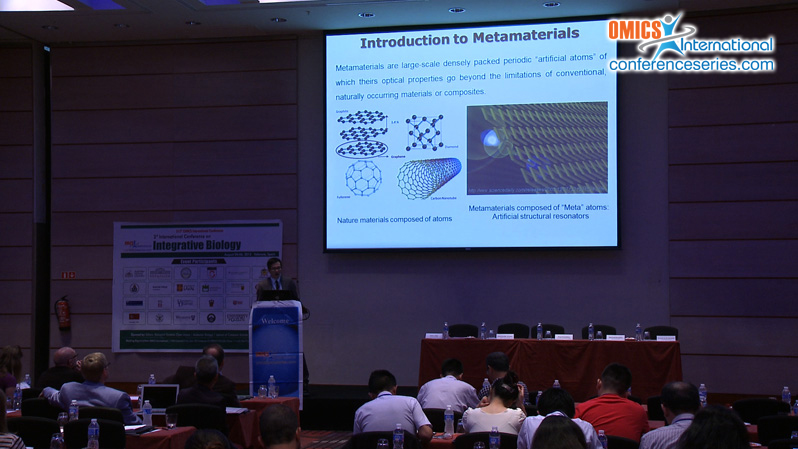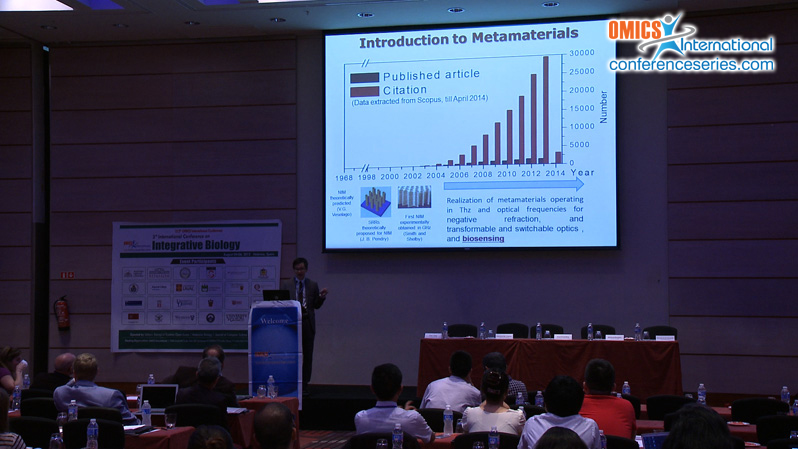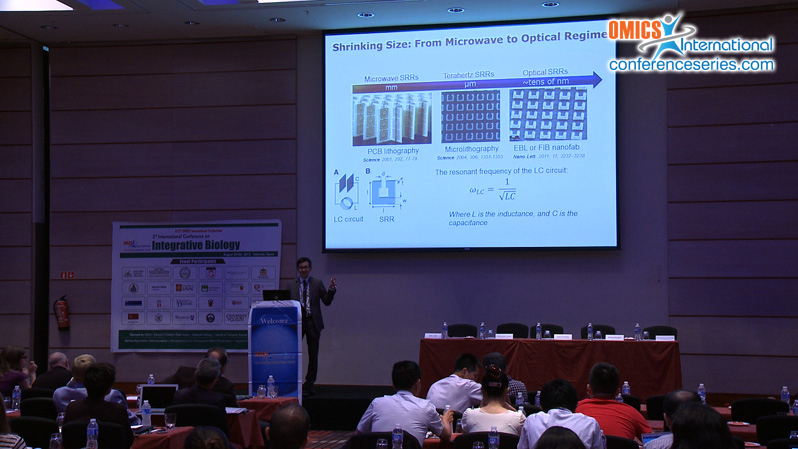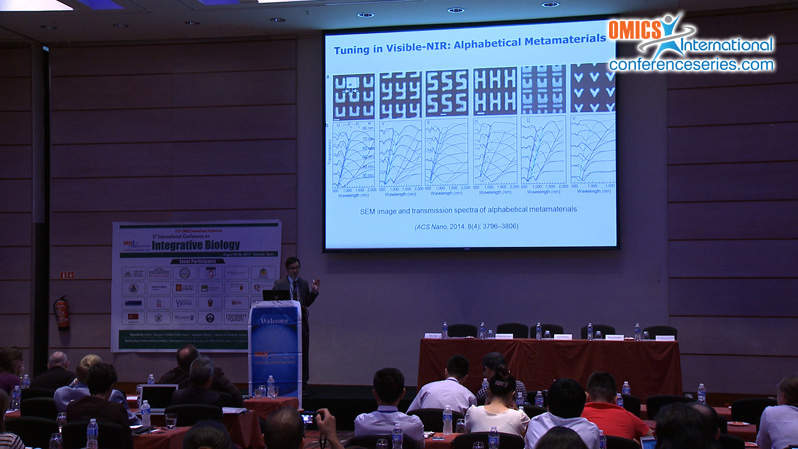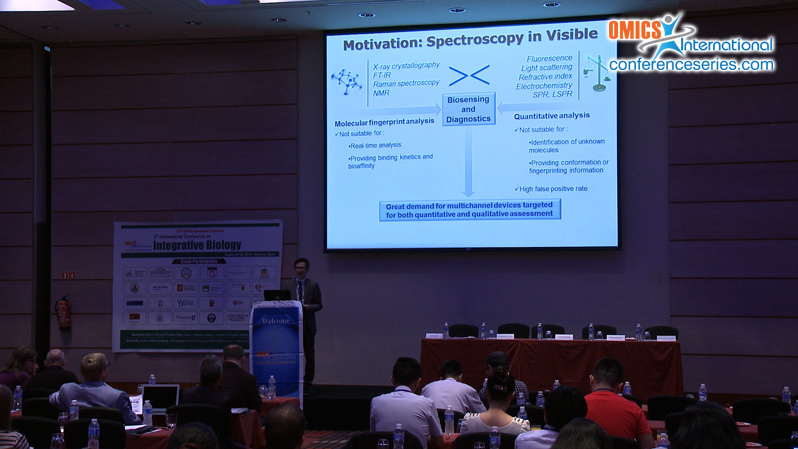
Cuong Cao
Queen’s University Belfast, United Kingdom
Title: Metamaterials-based label-free nanosensor for conformation and bioaffinity sensing
Biography
Biography: Cuong Cao
Abstract
Analysis of molecular interaction and conformational dynamics of biomolecules is of paramount importance in understanding of their vital functions in complex biological systems, disease detection, and new drug development. Plasmonic biosensors based upon surface plasmon resonance and localized surface plasmon resonance (LSPR) have become the predominant workhorse for detecting accumulated biomass caused by molecular binding events. However, unlike surface-enhanced Raman spectroscopy (SERS), the plasmonic biosensors are not suitable tools to interrogate vibrational signatures of conformational transitions required for biomolecules to interact. In this presentation, we demonstrate that plasmonic metamaterials consisting of periodic arrays of artificial split-ring resonators (SRRs) can enable capabilities of both sensing and fingerprinting of biomolecules. By engineering geometry of individual SRRs, LSPR frequency of the metamaterials could be tuned to visible-near infrared regimes such that it allows parallel acquisition of optical transmission and highly SERS spectra from large functionalized SRR arrays. This will provide the basis for the development of a dual detection platformthat can simultaneously probe conformational states and binding affinity of biomolecules, e.g. G-quadruplexes, in different environments. We further present the use of the metamaterials for fingerprinting and detection of arginine-glycine-glycine domain of nucleolin, a cancer biomarker which specifically binds to a G-quadruplex, with the picomolar sensitivity. The dual-mode nanosensor will significantly contribute to unraveling the complexes of the conformational dynamics of biomolecules as well as to improving specificity of biodetection assays.

